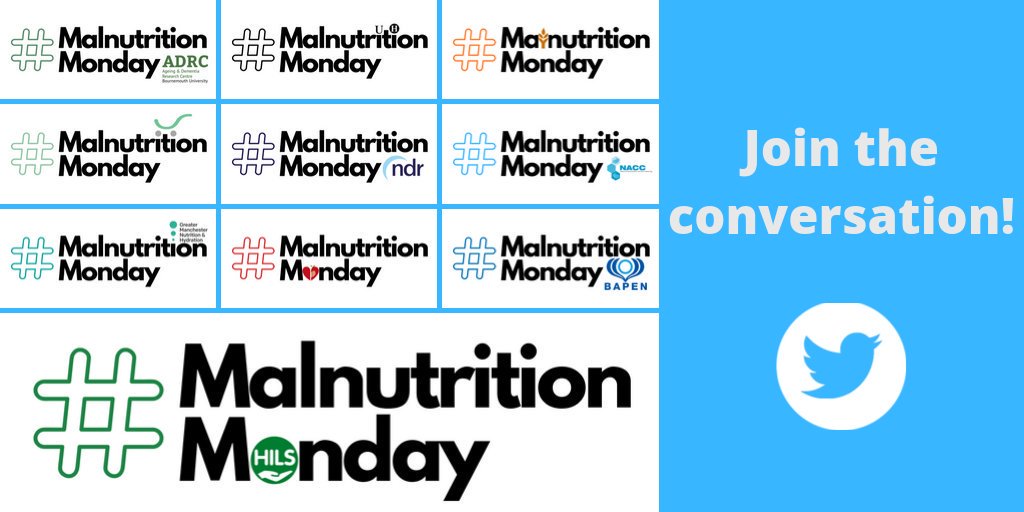April's Malnutrition Monday
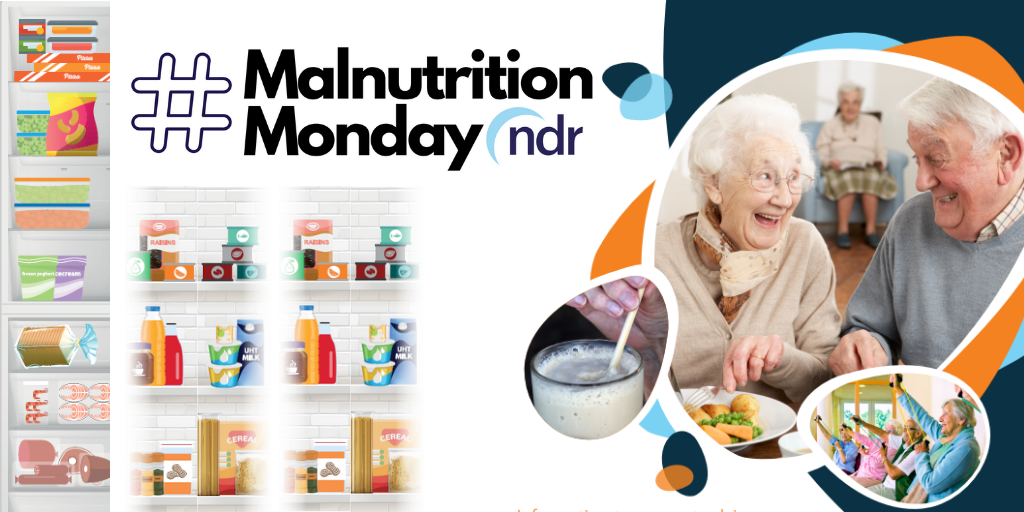
Published: 29.04.20
Hi everyone, I hope you are all okay during these uncertain times. I’m Jenni, I’m a Nutritionist and the Development Officer at NDR-UK. I’m currently furloughed, so I’m taking this opportunity for training and development, attending some of the many new webinars and online courses popping up at the moment (both nutrition based as well as some new interests such as modern calligraphy!)
One of my key priorities is keeping up-to- date with nutrition and dietetic news, research and campaigns. Most recently, this includes the Malnutrition Monday Campaign.
Malnutrition Monday – what’s it all about?
Malnutrition Monday is a campaign run by the Malnutrition Awareness and Prevention Network (MAPN). It aims to raise awareness of malnutrition amongst older adults and help families and members of the care community to spot the signs of malnutrition and take action to support those affected. The campaign runs on the last Monday of each month and you can join the conversation on Twitter by following #MalnutritionMonday.
This week, NDR-UK led the campaign for April, focussing on the theme ‘Eating for Health’. And just in case you missed it, I’ve pulled together the top 6 key points from the day…
Key Points
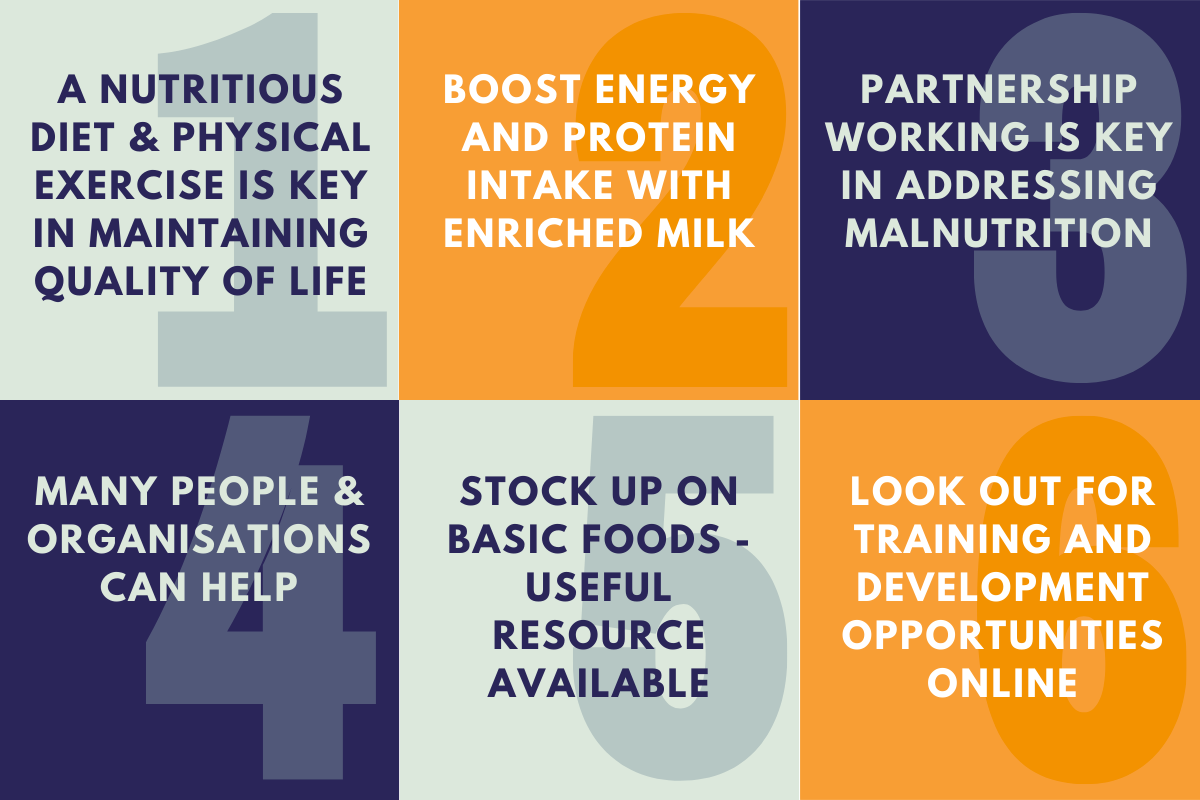
1. As someone ages, how they should eat for health may change. It’s important to eat a variety of nutritious foods and be physically active to maintain body weight, strength, independence and quality of life. Resistance exercise and chair based activities are a good way to improve flexibility and strength.

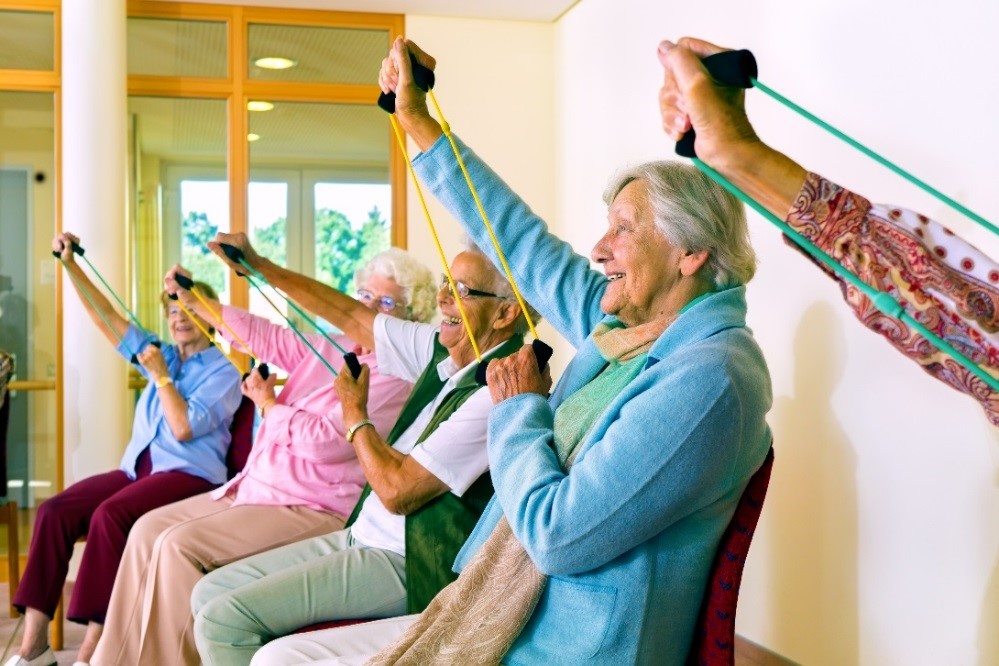
Unplanned weight loss and reduced appetite can put people at greater risk of becoming ill, falling and recovering slowly from injury or illness. NDR-UK’s recipe book, Nourish, provides a variety of food and drink recipes aimed at encouraging interest and enjoyment of food while helping reduce the risk of malnutrition.
2. Adding extra goodness to foods can help reduce malnutrition risk. Enriched milk is a quick and easy way to do this – add it to drinks, sauces, breakfast cereal and puddings. Health professionals, families, carers and older adults can find step by step guidance on how to make Enriched Milk on NDR-UK’s Recipe of the Month page.
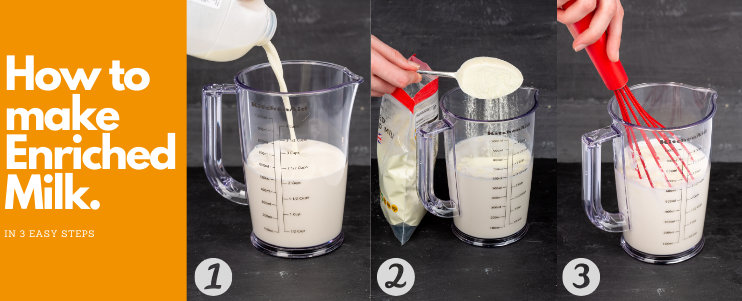
3. Working in partnership is key in addressing malnutrition. From working with key partners in the Malnutrition Awareness Prevention Network (MAPN), Dietitians and the BDA Older people Specialist group, NDR-UK are trying to raise awareness of malnutrition issues within the community. They have recently updated and published digital resources to support health professionals and older adults to eat for health.
4. There’s lot of people who can help! If someone you know is finding it difficult to shop, prepare or cook food, organisations such as Wiltshire Farm Foods, Oakhouse Foods & Punjab Kitchen can help with meal delivery services.
Don’t forget to look out for local organisations who can help too. For example, The Food Train, which began in Dumfries and Galloway, now provides a range of vital services throughout Scotland, including grocery deliveries, to those who are no longer able to manage independently.
The BDA and Hertfordshire Independent Living Service have also put together a Food Shopping Guide highlighting what shops are doing to support food access for older adults during COVID-19.

5. It’s handy to have a store of basic foods, particularly for those who can’t get to the shops. Stock up on nutrient dense foods such as tinned beans, lentils & meat, long-life milk, tinned fruit & veg, jars of soup & sauces and peanut butter. For further store cupboard ideas, NDR-UK and BDA Older People Specialist Group have developed a great resource you can download here.
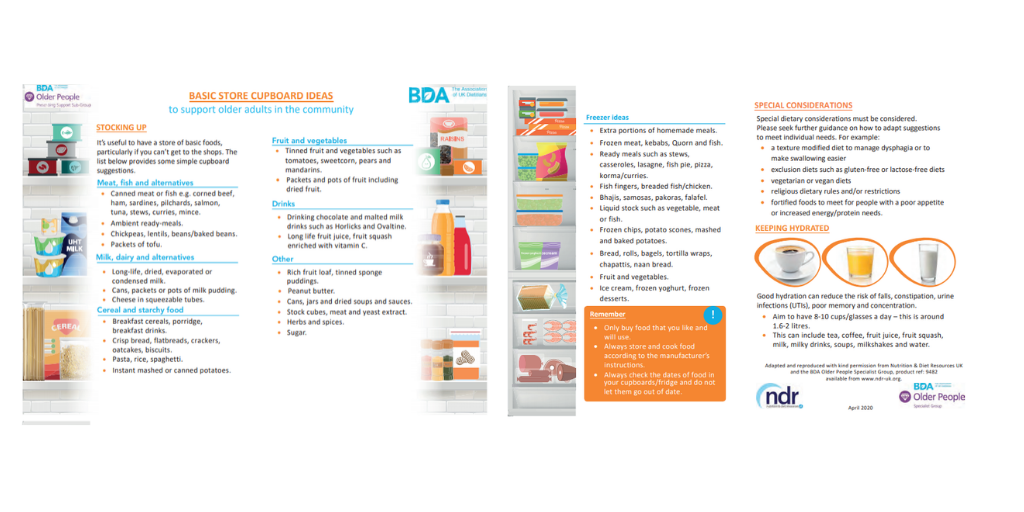
6. At this time, there are lots of valuable training opportunities online. On 26/04/20, Professor Mary Hickson, Plymouth University and Alison Smith, Registered Dietitian ran an insightful webinar on ‘Nutritional management for patients recovering from Covid-19 in the community’. Evidence, risks and pathways from hospital to home were all discussed to support how to eat for health, post-COVID19. This was a great live event and I look forward being able to download the slides from the BDA website soon.
Join the conversation
I hope you’ll agree that lots of important points have been highlighted during Malnutrition Monday with opportunities for training and development as well as resources to support patient care. I’m already looking forward to joining the conversation on 25th May for the next #MalnutritionMonday led by London Independent Living Service.
Remember to follow #MalnutritionMonday on Twitter to keep up to date with the campaign throughout the year.
